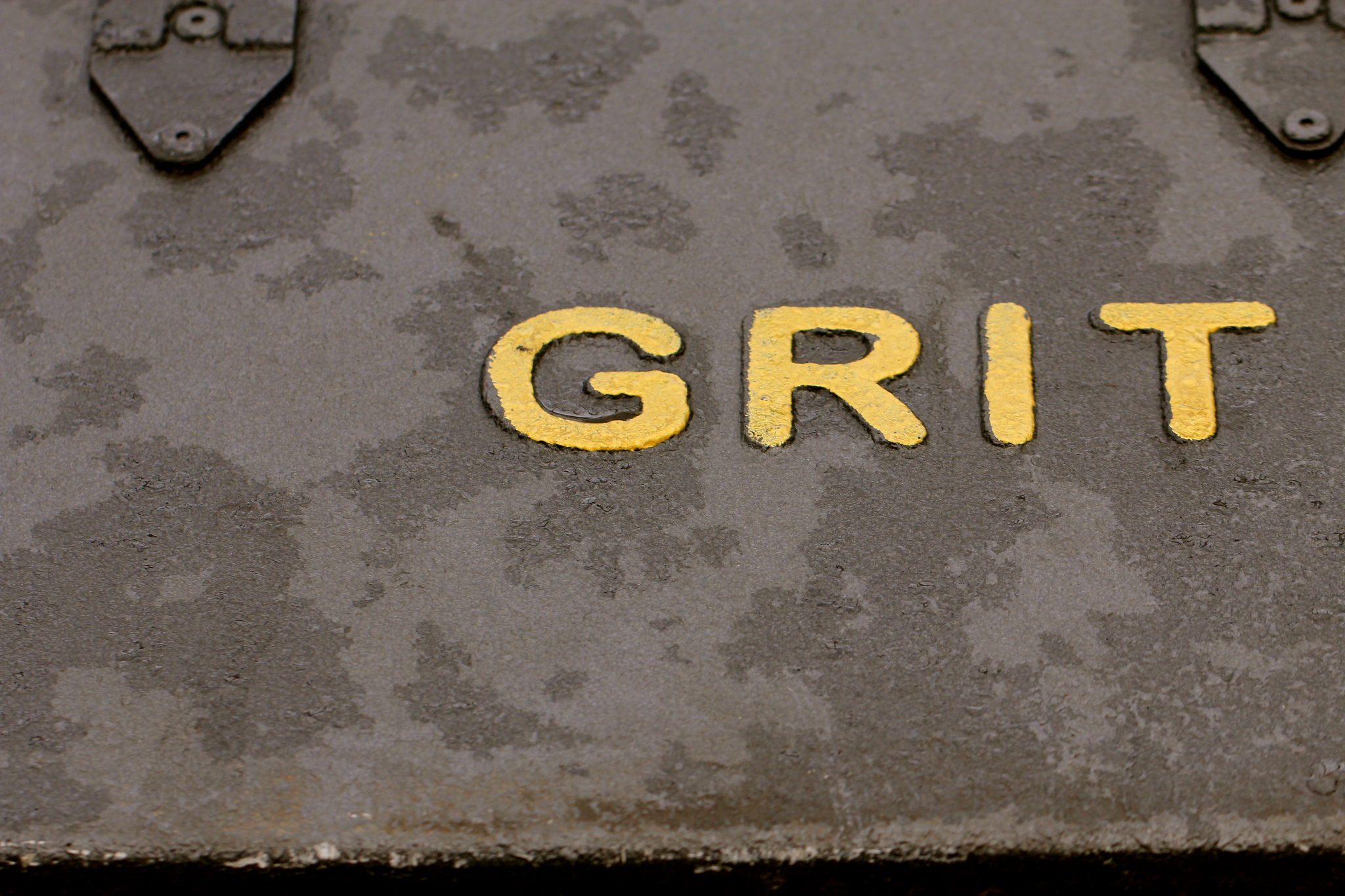The problem with ‘grit’

If you’re an educator, parent, or in any way interested in the development of young people, it’s been impossible to escape the term ‘Grit’ in the past few years. The Wikipedia article for Grit defines it in the following way:
Grit in psychology is a positive, non-cognitive trait based on an individual’s passion for a particular long-term goal or end state, coupled with a powerful motivation to achieve their respective objective. This perseverance of effort promotes the overcoming of obstacles or challenges that lie within a gritty individual’s path to accomplishment, and serves as a driving force in achievement realization.
The article goes on to mention the origin of the term:
The construct dates back at least to Galton, and the ideals of persistence and tenacity have been understood as a virtue at least since Aristotle.
Finally, and tellingly:
Although the last decade has seen a noticeable increase in research focused on achievement-oriented traits, strong effects of Grit on important outcomes such as terminal school grades have not been found.
So why is this such a buzzword at the moment? I’d argue that it’s an advanced form of victim-blaming.
Almost all of the research cited by proponents of Grit was carried out by Angela Duckworth. As this post by Iowa State University points out, “an analysis of 88 independent studies representing nearly 67,000 people shows that grit is really no different than conscientiousness.”
However, Grit is far from a neutral term, and no mere synonym. It has been appropriated by those on the political right with books such as Paul Tough’s How children succeed : grit, curiosity, and the hidden power of character effectively saying poor kids just need to try harder. This is obviously incredibly problematic, and the reason I see Grit as a form of victim-blaming. The attitude from proponents of Grit seems to be that poverty is a self-education problem.
Fascinatingly, a recent Washington Post article digs further than just the etymology of the term to discover why the term was popularised:
My longitudinal analysis shows that the conversation originated in the late 19thcentury, and was never focused on “at-risk” children. Instead, grit was understood as an antidote to the ease and comfort of wealth, which produced spoiled children who lacked the vigor of their ancestors. The remedy was to toughen them up. While some families took this cause seriously (elite boarding schools in the early 20th century proudly advertised their Spartan living conditions), the easiest way to impart grit was through literature. The celebrated Horatio Alger books were written and sold as instructive tools to teach middle and upper class children about the virtues that came from struggling against hardship.
Now, of course, society is all too quick to embrace the grit narrative and apply it to poor and minority children. The irony is that these kids were traditionally seen as already having grit! It was the louche upper classes who needed a kick up the backside.
The clincher for me, and the final nail in Grit’s coffin, is that the data supplied as ‘evidence’ for the importance of Grit is fundamentally flawed. Returning to the first article:
The most well-known data source on grit is based on West Point cadets who complete basic training at the United States Military Academy. According to one paper describing these cadets, those with above-average levels of grit are 99 percent more likely to finish the training than cadets with average levels of grit. However, Credé says the original data were misinterpreted. His analysis shows the increase in likelihood is really closer to 3 percent, rather than 99 percent.
“It’s a really basic error and the weird thing is that no one else has ever picked it up. People just read the work and said, ‘It’s this massive increase in people’s performance and how likely they are to succeed.’ But no one had ever looked at the numbers before,” Credé said.
Given that schools (in the US at least) are now measuring ‘Grit’ and ‘Joy’ levels in their cohorts, I think it’s time to push back on such blunt instrument. Let’s stop poorly-researched, damaging buzzterms being used as a stick with which to beat the under-privileged.
Image CC BY Daniel X. O’Neil

